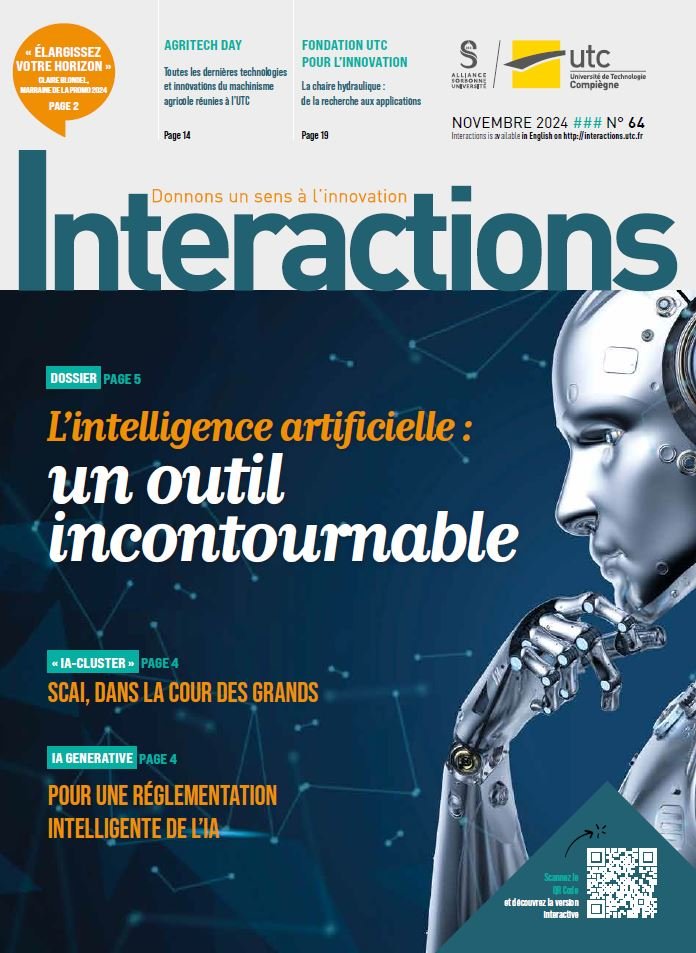Safran tackles Climate Change

Any sector that does not fully understand the challenges of tomorrow cannot remain in the lead, especially when it is so international. Interview with Valérie Guénon, Safran’s director of product environmental policy, on the issue of climate change. She has been with this Group for 33 years and holds a Master of Applied Sciences degree from the University of Delaware (USA). And environmental protection is at the heart of her missions.
What precisely are your missions?
I represent my company in organizations and institutions that set policies and regulations for aviation and the environment. The environmental footprint of an aircraft covers the greenhouse effect (mainly through CO2 emissions), air quality (polluting emissions) and noise. I have in-house Safran engineers working in this area. I have spent part of my career bridging the gap between policy and regulation on one hand and science and technology on the other. I also spend an increasing amount of my time on training and internal and external information on these subjects.
What is your environment-related strategy?
Decarbonising aviation is a priority for the Safran group and for aviation in general. It was a priority before Covid-19, and it is just as much a priority now, if not more so. We are contributing to the global and European aviation roadmaps, which include many levers: more fuel-efficient aircraft, the use of sustainable fuels, electric and hydrogen technologies, operational and air traffic management measures, decarbonisation of airport and manufacturer ground operations, etc. As an engine and equipment manufacturer, we will contribute through future ultra-efficient engines, electrification and the use of hydrogen and sustainable fuels. We are also contributing as an equipment manufacturer by making equipment lighter and more electric (landing gear, aircraft seats and interiors, nacelles, etc.).
Has the group for which you work on a daily basis fully grasped the challenges of tomorrow?
Aeronautics has always been a cutting-edge sector, an area where we have to be irreproachable. It started with safety, then performance. We have divided CO2 emissions per passenger and per kilometre by a factor of five over fifty years by reducing aircraft consumption. For more than 30 years the industry has identified the environment as a priority on top of these and we are working to reduce noise, pollutant emissions and CO2 emissions. In 2008, the aviation sector was one of the first to make collective commitments to reduce its carbon footprint by 2050. Safran has developed itself remarkably over the past decades and is now tackling the climate challenge, despite the unprecedented crisis we are experiencing.
Is environmental protection one of your professional concerns?
They are at the heart of my professional activity. I took this job three years ago because I was convinced that it is the main issue for my company and because it lends sense and meaning to my work. The issue of climate change brings together science, politics, economics, society and even philosophy. This subject needs interdisciplinarity, cooperation and a sense of community. It’s quite a challenge for the human race. It is exciting.
What posture do UTC students need to grasp in order to succeed in Safran’s industrial sector?
Knowing that Safran devotes 80% of its research and technology investments to reducing the environmental footprint of aircraft, there is a strong probability that, when you work for Safran, you will contribute to this objective. There are many skills in demand. Materials and processes, aerodynamics, mechanics, electricity and electronics, systems engineering, etc. Behavioural skills are very important. We need engineers who are open-minded, who know how to listen, who dare to innovate, who are motivated to win as teammembers, and who are at ease with interpersonal and international relations. The variety of profiles is a richness and, I will never say it enough, women are not yet numerous enough in our professions. UTC cultivates adaptability and openness, notably through international experiences and teaching which is not only scientific and technical.




